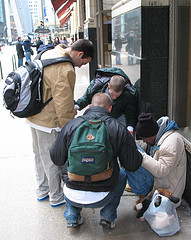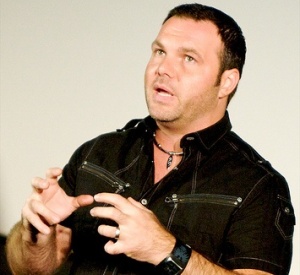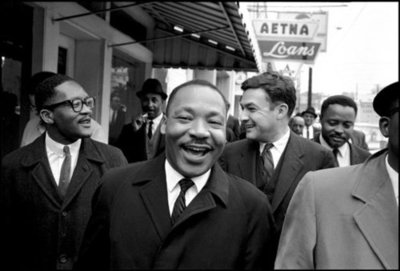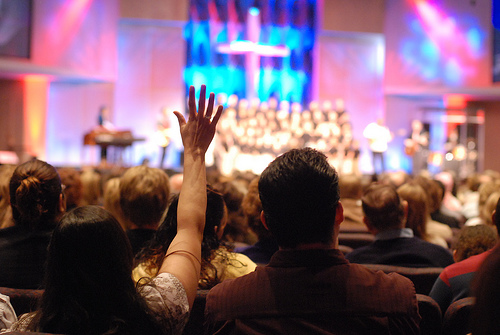 In most cities in the USA, especially in our current economic climate, there are more abandoned housing units then there are homeless. In other words: there is enough housing for everyone. Of course, the red tape and economic structures of our society prevents this solution from becoming a reality. However, I’d like to offer an alternative solution.
In most cities in the USA, especially in our current economic climate, there are more abandoned housing units then there are homeless. In other words: there is enough housing for everyone. Of course, the red tape and economic structures of our society prevents this solution from becoming a reality. However, I’d like to offer an alternative solution.
By even conservative statistics, there are many more empty “guest bedrooms” in people’s homes then there are homeless out on the streets in every city. Specifically, I’d bet there are enough empty rooms in “Christians” homes, whose very faith calls them to care for those in need, to end homelessness in the USA tomorrow if we wanted to. As an example, there are 3000 homeless in Hennepin County, which has a population of over one million. Assuming an average household of five people, that’s 200,000 homes of which at least 1-2% more then likely have an extra bedroom. Even with this reality, we have plenty of excuses as to why my correlation (Christians with Empty Guest Bedrooms : Homeless Ratio) simply is not appropriate or feasible.
“Many homeless have mental conditions, that would make it unsafe for my family.”
“Most homeless have drug and alcohol problems which would put my families lives in danger.”
“And God calls us to protect our family and be wise” [sidenote: Can someone please show me where in the Bible it say that to “protect” our family is a top priority?]
Lame Excuses!
We have within our means the ability to radically live out the Christian calling of caring for the needy and practicing hospitality, and we are content to cop out with some lame excuse.
Here’s why it’s lame. Keeping your family (and the people on the street) safe is a wonderful thing, really it is. Mental conditions should be treated, drug and alcohol problems should be controlled, nobody should be hurting or threatening anybody; but what does that have to do with opening your home to someone else?
Sure, you are to be validated in your concerns. But, now it’s time to problem solve and find a solution for bringing together your desire for the well-being of all, and your calling to radically follow Christ.
If people (including many Christians) can spend thousands of dollars solving the problems of remodeling their outdated bathroom, or upgrading to a state of the art kitchen, then I think we can also put our minds and money to creating homes that can accommodate those who need a place to stay.
Maybe you put an outside door on the guest room and a regular locked door into the house. Or you remodel the office or the space above the garage to have not only a bedroom but a bathroom and a small kitchenette. Use your imagination, you could go more elaborate or more practical, but look to solve problems rather then make excuses.
![]()
Maybe for some it means downsizing their home till it accommodates the basic needs for their immediate family and they then use the freed up additional wealth and resources to contribute to a community that is meeting the needs of the homeless.
Stop making lame excuses that justify your apathy to following Christ call. Instead have some fun and remodel your house (and in doing so open yourself to following Christ in ways you’ve never considered before)!


 (This is the first in a series of posts I’m considering for publication. Please take a minute to read the post and if your willing, leave a comment or use the stars at the bottom right of the article to give it a rating, your input will be extremely helpful. Thank You)
(This is the first in a series of posts I’m considering for publication. Please take a minute to read the post and if your willing, leave a comment or use the stars at the bottom right of the article to give it a rating, your input will be extremely helpful. Thank You)
 I can’t remember if I’ve blogged about Driscoll before, and with our internet running at a snail pace I can’t look it up. I’ll just recap Driscoll from what I know.
I can’t remember if I’ve blogged about Driscoll before, and with our internet running at a snail pace I can’t look it up. I’ll just recap Driscoll from what I know.
